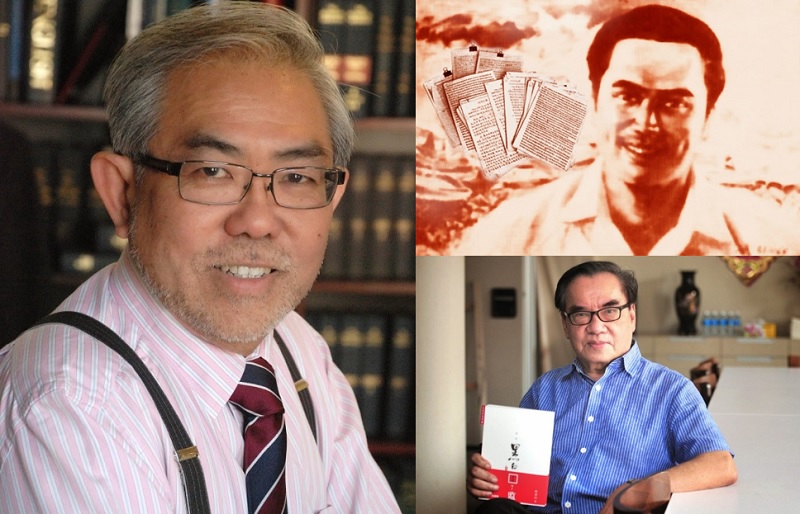By Marcus Chua
And why it is NOT in the interest of taxpayers that they have failed to do so
We are going to be blunt. SMRT, in our opinion, exploited the public transport system when they allowed trains to be privately chartered by ACS(I). Not everyone will agree, but we will tell you why.
Chartering a bus or plane is not bizarre, but chartering trains certainly are! It may not be as bizarre had the train system been funded and built by SMRT. However, we all know that the owners of these train system are actually taxpayers.
LTA has the responsibility to safeguard the interests of the commuting public.
When trains are being used for chartering purposes, it would cause additional depreciation, or more commonly known as wear and tear. It is easy for anyone to say that a few additional trips once in a while isn’t going to amount to much damage.
But going by SMRT logic that chartering a train off-peak would not cause any inconvenience to commuters, can we not then say that the company, going by that same logic, should then abuse the off-peak period by constantly sending out chartered trains so as to maximise their profit? Would maintenance of the trains & tracks be then compromised in the long run?
The commuting public will be the ones who are affected whenever there is a breakdown due to train or track fault. If the trains and tracks (again funded by tax-payers) were allowed to be used endlessly as per SMRT discretion so as to maximise profits, can SMRT prove to the public that this will not compromise the trains and tracks in the long run? If the natural lifespan of the trains and tracks are about 15 years, will we start encountering problems after only 10 years due to excessive used of the trains & tracks for “private” purposes? And who will be funding this maintenance? Taxpayers? Don’t forget we were the ones who paid through our government for the tracks and trains to begin with.
Who gets to decide who is deserving of private chartering of SMRT trains?
As a follow up from point number one, we think it is unlikely that SMRT will simply accept all chartering enquires and fully abuse the opportunity to earn additional income during off-peak period. More likely than not, SMRT will pick and choose whom they would allow the private charter to.
There lies the second issue. Who will decide whether or not an organisation gets to charter private MRT trains? Would this be determined on a first-come-first-serve basis? Should it be based on the needs? Or simply at the discretion of the decision makers in SMRT? Would every school in Singapore be allowed? How about religious groups organising mega events? Or can it be used for political rallies during elections? Who gets to decide?
There lies the can of worms that has been opened. LTA’s non-decision on this issue simply begs more questions rather than answers.
And probably more enquires as well for private chartering of SMRT trains.
SMRT should respect and fulfil its license obligations, and that its primary focus must be on providing timely and good service to public commuters
We agree with the above sentence to a great extent. For example, now that we know SMRT can easily increase the frequency of trains during off-peak period without supposedly overtaxing the trains & tracks system, could we please have better frequency during off-peak timings? Instead of the 1-train-every-7-minutes standards that we are used to?
Okay, we are not idiots. We know that isn’t happening. And here is why. There simply isn’t enough traffic for frequency to be increased. SMRT earns the most money from sardine-packed trains, not half empty ones.
But there lies the problem when you have a profit maximising entity running a public transport system. A profit maximising entity will always make decision to maximise their shareholder returns, which is basically a nicer way to say they just want to make as much money as possible.
Increasing train frequency for the public doesn’t maximise that profit. Chartering additional train trips for ACS(I) does.
We will leave it for you to judge if SMRT has fulfilled their obligations of providing quality service to the commuters.
This article first appeared on Dollars and Sense.




